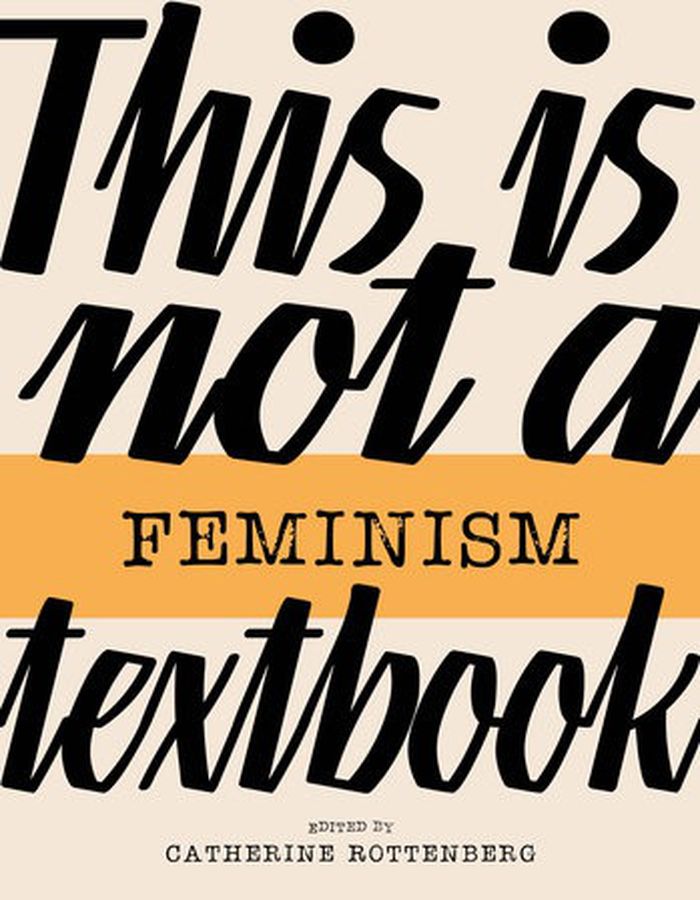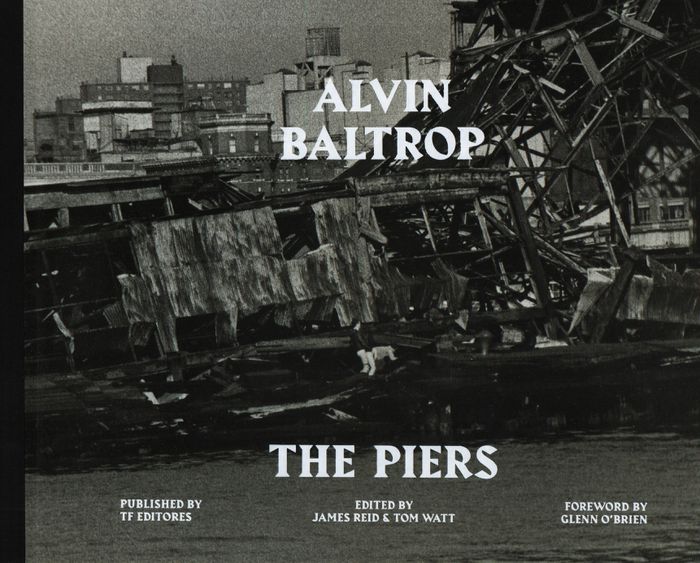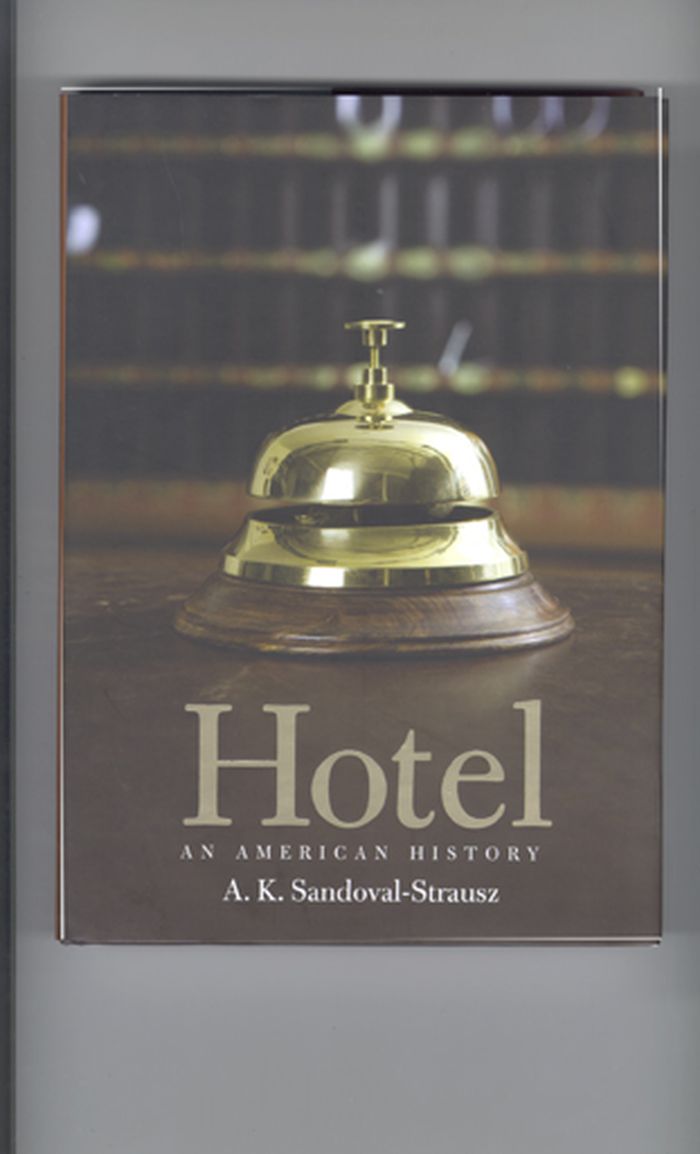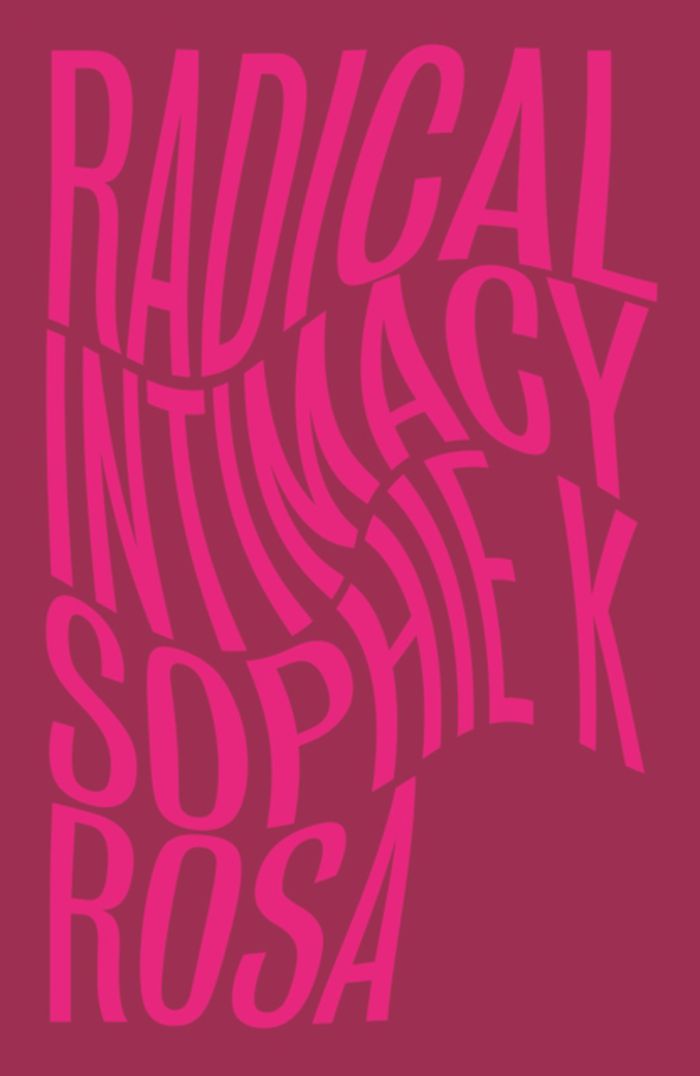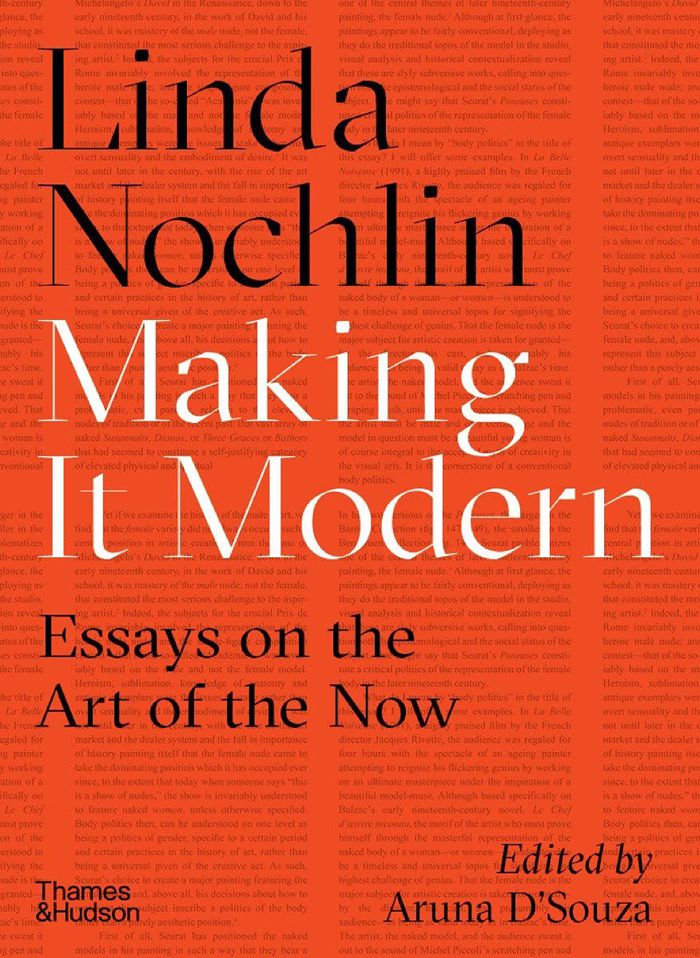$25.95
(available to order)
Summary:
Feminist scholars from around the world on key debates and concerns ranging from motherhood, home, and family to media, technology, and medicine. This book is written by prominent feminist scholars from around the world. It is engaging and accessible, distilling the highest level of knowledge into fascinating but concise entries. ''This is not a feminism textbook''(...)
This is not a feminism textbook
Actions:
Price:
$25.95
(available to order)
Summary:
Feminist scholars from around the world on key debates and concerns ranging from motherhood, home, and family to media, technology, and medicine. This book is written by prominent feminist scholars from around the world. It is engaging and accessible, distilling the highest level of knowledge into fascinating but concise entries. ''This is not a feminism textbook'' offers a clear, straightforward overview of key feminist debates and concerns ranging from motherhood, home, work and family to media, technology, and medicine. This book is a must-read for everyone who is curious about the sex/gender distinction, and the relation between gender and other aspects of identity; and it tackles plenty more questions along the way. Are smart homes really smart? Will technology save the world? What does class have to do with feminism? And what does ''intersectionality'' actually mean? The work of feminism to help create a more just and equal society is not yet done. This book provides a roadmap to inspire each and every reader to continue exploring, thinking about, discussing, and ''doing'' feminism.
Gender Theory in Architecture
Alvin Baltrop: The Piers
$87.00
(available to order)
Summary:
Powerful, lyrical and controversial, Alvin Baltrop's photographs are a groundbreaking exploration of clandestine gay culture in New York in the 1970s and 80s. During that era, the derelict warehouses beneath Manhattan's West Side piers became a lawless, forgotten part of the city that played host to gay cruising, drug smuggling, prostitution and suicides. Baltrop(...)
Alvin Baltrop: The Piers
Actions:
Price:
$87.00
(available to order)
Summary:
Powerful, lyrical and controversial, Alvin Baltrop's photographs are a groundbreaking exploration of clandestine gay culture in New York in the 1970s and 80s. During that era, the derelict warehouses beneath Manhattan's West Side piers became a lawless, forgotten part of the city that played host to gay cruising, drug smuggling, prostitution and suicides. Baltrop documented this scene, unflinchingly and obsessively capturing everything from fleeting naked figures in mangled architectural environments to scenes of explicit sex and police raids on the piers. His work is little known and underpublished--mainly due to its unflinching subject matter--but while often explicit, his photographs are on a par with those of Nan Goldin, Peter Hujar and Enrique Metenides. While the outside world saw New York as the glamorous playground of Studio 54, Warhol's gang and the disco era, Baltrop photographed the city's gritty flipside; his work is an important part of both gay culture and the history of New York itself. This clothbound volume compiles the Piers series in one definitive monograph, a powerful tribute to a long-forgotten world at the city's dilapidated margins.
Current Exhibitions
Hotel an american history
$39.50
(available to order)
Summary:
In this lucid and creative work, Sandoval-Strausz, an assistant professor of history at the University of New Mexico, situates the rise of hotels within the history of the triumph of capitalism and of an increasingly mobile society. Hotels, he says, facilitated mobility and the integration of frontier lands into larger networks of capital and commerce. Hotels were also(...)
Commercial interiors, Building types
November 2007, New York
Hotel an american history
Actions:
Price:
$39.50
(available to order)
Summary:
In this lucid and creative work, Sandoval-Strausz, an assistant professor of history at the University of New Mexico, situates the rise of hotels within the history of the triumph of capitalism and of an increasingly mobile society. Hotels, he says, facilitated mobility and the integration of frontier lands into larger networks of capital and commerce. Hotels were also part of the gradual process that dissociated people from particular places. If hotels solved some social problems, Sandoval-Strausz shows, they created others: guardians of domesticity, for example, worried about urban dwellers who chose to live full-time in hotels. In exploring the social and political meaning of hotels, the author pursues countless avenues, from menus to morals (Hotels were magnets for prostitution and other forms of illicit sex). There's a bit of labor history thrown in, too, since, in order to make good on the promise to be patrons' home away from home, hotels employed a huge number of workers, from cooks and launderers to janitors, Sandoval-Strausz also traces hotels' exclusion of Jews and blacks—the book ends with the 1964 Supreme Court case that desegregated public accommodations.
Commercial interiors, Building types
Radical intimacy
$24.95
(available in store)
Summary:
Capitalist ideology wants us to believe that there is an optimal way to live. 'Making connections' means networking for work. Our emotional needs are to be fulfilled by a single romantic partner, and self-care equates to taking personal responsibility for our suffering. We must be productive and heterosexual, we must have babies and buy a house. But the kicker is most(...)
Radical intimacy
Actions:
Price:
$24.95
(available in store)
Summary:
Capitalist ideology wants us to believe that there is an optimal way to live. 'Making connections' means networking for work. Our emotional needs are to be fulfilled by a single romantic partner, and self-care equates to taking personal responsibility for our suffering. We must be productive and heterosexual, we must have babies and buy a house. But the kicker is most people cannot and do not want to achieve all, or any of these life goals. Instead we are left feeling atomised, exhausted and disempowered. ''Radical intimacy'' shows that it doesn't need to be this way. A punchy and impassioned account of inspiring ideas about alternative ways to live, Sophie K Rosa demands we use our radical imagination to discover a new form of intimacy and to transform our personal lives and in turn society as a whole. Including critiques of the 'wellness' industry that ignores rising poverty rates, the mental health crisis and racist and misogynist state violence; transcending love and sex under capitalism to move towards feminist, decolonial and queer thinking; asking whether we should abolish the family; interrogating the framing of ageing and death and much more, ''Radical intimacy'' is the compassionate antidote to a callous society.
Social
$66.00
(available to order)
Summary:
This illustrated collection of essays brings together some of art historian Linda Nochlin’s most important writings on modernism and modernity from across her six-decade career. Before the publication of her seminal essay on feminism in art, “Why Have There Been No Great Women Artists?,” she had already firmly established herself as a major practitioner of a politically(...)
Making it modern: Essays on the art of the now
Actions:
Price:
$66.00
(available to order)
Summary:
This illustrated collection of essays brings together some of art historian Linda Nochlin’s most important writings on modernism and modernity from across her six-decade career. Before the publication of her seminal essay on feminism in art, “Why Have There Been No Great Women Artists?,” she had already firmly established herself as a major practitioner of a politically sophisticated and class-conscious social art history. Nochlin was part of an important cohort of scholars writing on modernity, determined to rethink the narratives of the subject under the pressure of contemporary events such as student uprisings, the women’s liberation movement, and the Vietnam War, with the help of politically engaged literary criticism that was emerging at the same time. Nochlin embraced Charles Baudelaire’s conviction that modernity is meant to be of one’s time- and that the role of an art historian was to understand the art of the past not only in its own historical context but according to the urgencies of the contemporary world. From academic debates about the nude in the eighteenth century to the work of Robert Gober in the twenty-first, whatever she turned her analytic eye to was conceived as the art of the now. Including seven previously unpublished pieces, this collection highlights the breadth and diversity of Nochlin’s output across the decades, including discussions on colonialism, fashion, and sex.
Art Theory
